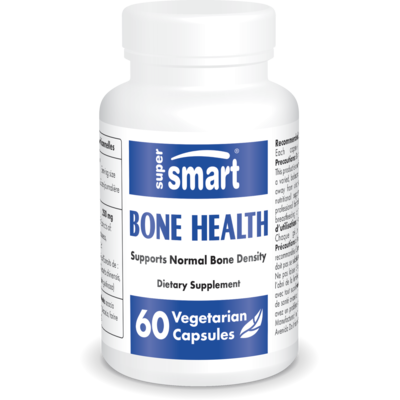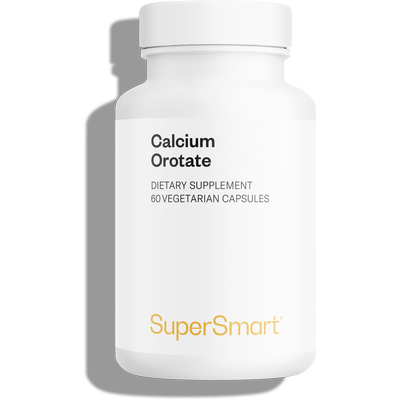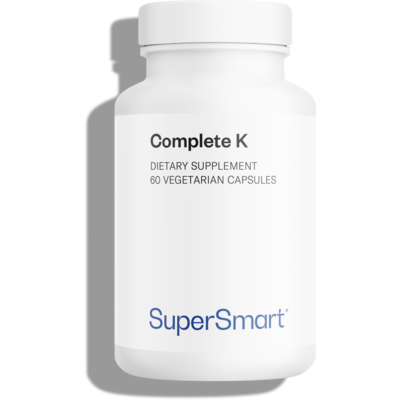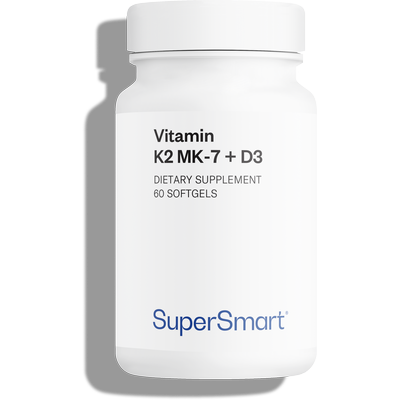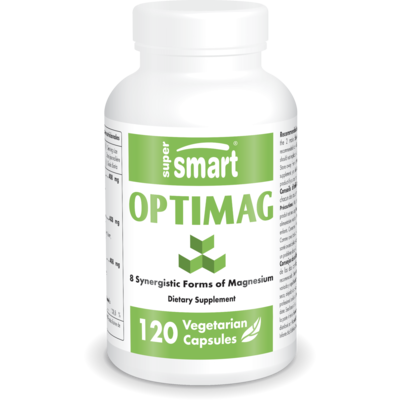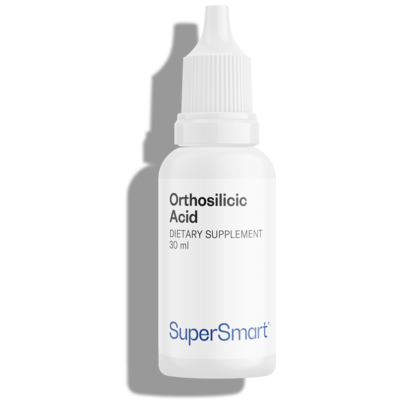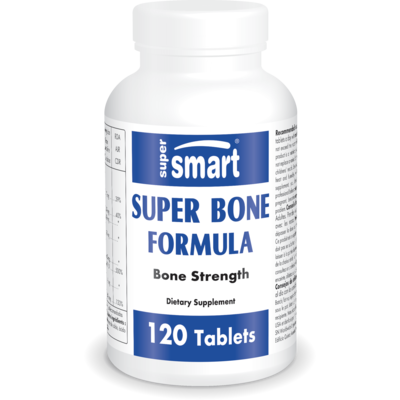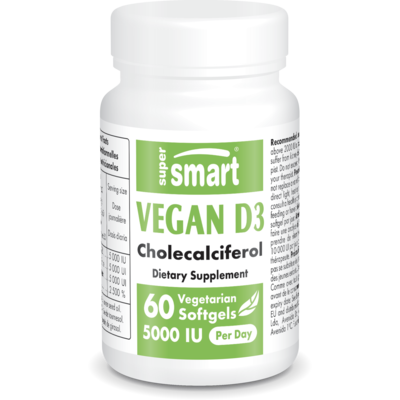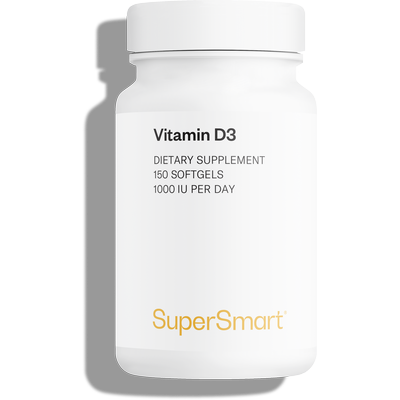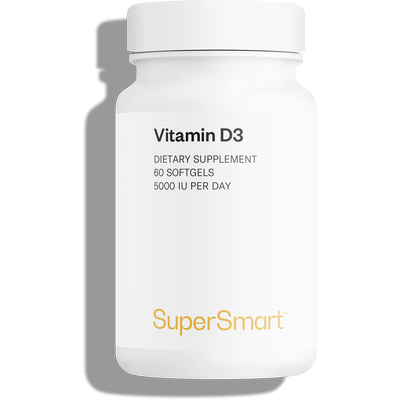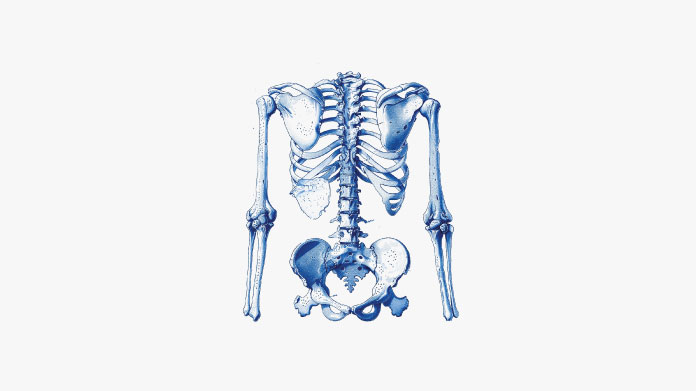How to Choose the Right Supplement for Strengthening Your Bones*
Bones form the body’s framework, providing protection for internal organs and enabling mobility. Explore the top natural substances to support and maintain healthy bones*.
Why Do Bones Weaken Over Time?*
Bone is a dynamic connective tissue, constantly renewed by two key groups of specialized cells: osteoblasts and osteoclasts. Osteoblasts are responsible for forming and mineralizing new bone tissue, while osteoclasts handle the resorption of old or damaged bone structures. When the activities of these two cell groups are balanced, bone remodeling occurs efficiently and effectively.*
However, the balance of the resorption-formation cycle changes significantly over a lifetime. Up to around the age of 21, during the body’s growth phase, osteoblasts are more active, progressively building the skeleton until peak bone mass is achieved. This peak depends on a combination of factors, including genetics, physical activity, and diet. Over the following decade, bone mass stabilizes before gradually declining with age as osteoclast activity becomes more dominant.*
When bone density is significantly reduced, bones can become fragile, leading to an increased risk of fractures, bone discomfort, and skeletal changes.* The decrease in estrogen levels during menopause places women at a higher risk of these concerns, commonly referred to as osteoporosis.*
While the risk of bone fragility varies for each individual, everyone can take steps to support bone health by ensuring adequate intake of vitamins, minerals, and other beneficial nutrients.*
Vitamins That Support and Maintain Bone Health*
By supporting the absorption of calcium and phosphorus in the gut and reducing their urinary excretion, vitamin D plays a crucial role in maintaining bone health.* While dietary sources such as oily fishes, egg yolk, and fortified dairy products provide some vitamin D, the body also produces it through sun exposure. For those who work indoors or have limited sun exposure, vitamin D supplementation (such as the practical Vitamin D3 Spray 2000 IU) can help maintain healthy levels.*
Well-known for its role in supporting immunity, vitamin C also contributes to normal collagen formation, essential for healthy bone structure and function.* As the most abundant structural protein in the body, collagen provides both rigidity and flexibility to bones. Dietary sources of vitamin C include kiwi, citrus fruits, peppers, and cabbage. For additional support, supplementation (such as with Liposomal Vitamin C, a natural and highly bioavailable form of vitamin C) can be an excellent option—especially for those who may not consume enough fruits and vegetables.*
Available in two forms, K1 and K2, vitamin K supports normal blood coagulation and helps maintain healthy bones by regulating the calcification of bone tissue.*
Among these, vitamin K2 has a stronger affinity for bone health and is naturally produced by gut bacteria, though most of it is excreted in stools. To ensure sufficient levels, increasing intake through dietary sources (such as fermented foods, meat, offal, and fish oils) or through supplementation (like Complete K, which combines vitamin K1 with two forms of K2, including MenaQ7®, a highly bioavailable option) can be beneficial.*
Essential Minerals for Supporting Healthy Bones*
No discussion of bone health is complete without mentioning calcium! With 99% of the body’s calcium stored in bone tissue, this essential mineral plays a crucial role in maintaining strong and healthy bones.* In addition to mineralizing bones, calcium reserves help regulate calcium levels in the blood; when blood calcium levels drop, the body draws calcium from bones to restore balance. Consequently, a calcium-deficient diet (low in dairy products, cruciferous vegetables, or mineral water) may increase the risk of early bone fragility.* You may want to consider our Calcium Orotate supplement for that!*
Did you know that 50% of the body’s total magnesium is stored in bone mass? In addition to helping maintain healthy bone tissue, magnesium supports calcium absorption by aiding in vitamin D synthesis.* To enhance your magnesium intake, opt for highly bioavailable forms (like the 8 carefully selected compounds in OptiMag, a supplement free from magnesium carbonate, hydroxide, or oxide).*
Though present in only minute amounts, trace elements play an essential role in health. Over 20% of the body’s zinc is stored in bones and contributes to nearly 300 biochemical reactions. Zinc helps support bone health, acting as a cofactor for enzymes involved in forming the bone matrix.*
Another key trace element is manganese, which supports bone health by helping to slow demineralization.* The body’s approximately 20 mg of manganese is distributed across the skeleton, liver, and kidneys. The best dietary sources of manganese are plant-based foods, including pulses, almonds, hazelnuts, and wheat germ.*
In Conclusion: Which Supplement is Right for Supporting Your Bone Health?*
The ideal supplement for maintaining healthy bones would include a combination of these key components to provide comprehensive support.*
Rich in calcium and enhanced with zinc, magnesium, vitamin D3, and vitamin K2, Super Bone Formula combines some of the most effective nutrients for supporting bone health.* It also includes an extract of tabashir bamboo (Bambusa arundinacea), known for its high organic silica content, which supports both bone and joint health.*
Given that some conventional approaches to osteoporosis may have undesirable outcomes, naturopaths often recommend plant-based formulations to support bone health as we age.* Traditional ingredients popular in supporting bone health include astragalus, Rehmannia root, and Eucommia ulmoides, all of which are featured in the 100% natural supplement Bone Health.*
Extensively studied since the mid-20th century, morphogenetic proteins (found in the advanced supplement Bone Morphogenetic Proteins) represent a promising innovation in the field of osteoarticular health.*
Explore our anti-fatigue dietary supplements, slimming supplements, joint health supplements, and supplements for athletes.

